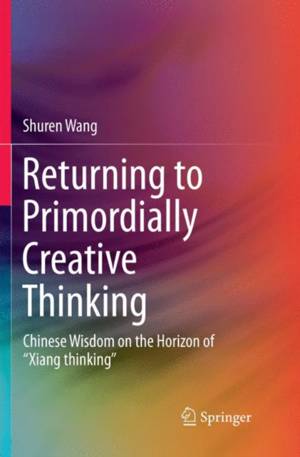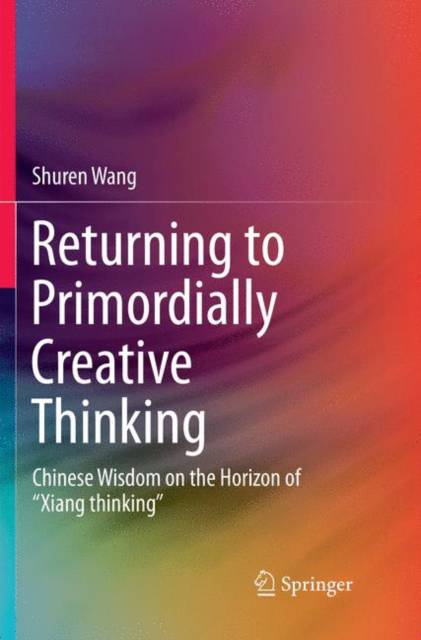
- Retrait gratuit dans votre magasin Club
- 7.000.000 titres dans notre catalogue
- Payer en toute sécurité
- Toujours un magasin près de chez vous
- Retrait gratuit dans votre magasin Club
- 7.000.0000 titres dans notre catalogue
- Payer en toute sécurité
- Toujours un magasin près de chez vous
Returning to Primordially Creative Thinking
Chinese Wisdom on the Horizon of "Xiang Thinking"
Shuren WangDescription
This book identifies that "Xiang thinking" is the eidetic connotation and a fundamental trait of traditional Chinese thinking, offering insights of considerable methodological significance. "Xiang thinking" is a mode of thinking different from conceptual thinking or idealized rational thinking and, in a certain sense, it is more primal. In the past century, particularly since 1949, the primary works on Chinese philosophical history have, as a rule, addressed the ancient Chinese tradition of philosophical ideas by virtue of the philosophies of Plato, Descartes and Hegel: methods that inherently challenge Chinese philosophical insights. This has naturally led to the fact that the insights as such remained obscured. This book starts to reverse this trend, intending to help Chinese people understand and appraise themselves in a more down-to-earth fashion. In addition, it is particularly helpful to people of other cultures if they want to understand ancient Chinese philosophy and culturein a context of fresh and inspiring philosophical ideas. (By Zhang Xianglong)
Spécifications
Parties prenantes
- Auteur(s) :
- Editeur:
Contenu
- Nombre de pages :
- 318
- Langue:
- Anglais
Caractéristiques
- EAN:
- 9789811343056
- Date de parution :
- 10-01-19
- Format:
- Livre broché
- Format numérique:
- Trade paperback (VS)
- Dimensions :
- 156 mm x 234 mm
- Poids :
- 512 g

Les avis
Nous publions uniquement les avis qui respectent les conditions requises. Consultez nos conditions pour les avis.






